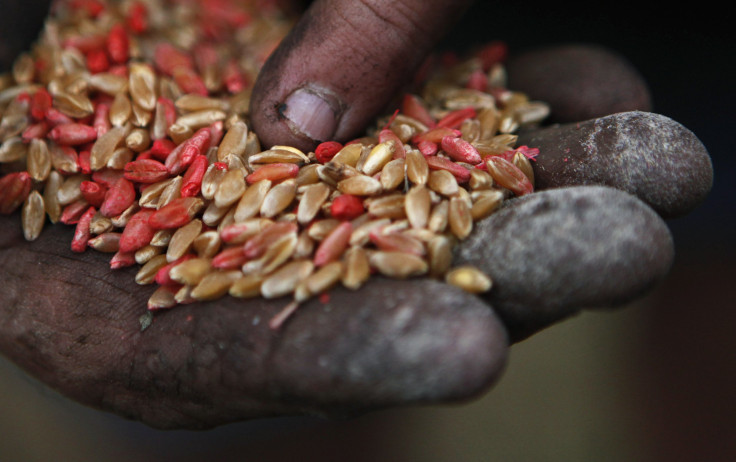Parkinson’s disease Australia: Pesticides in Victoria pulses could be causing the deadly disease, researchers believe

Monash University and Florey Institute of Neuroscience and Mental Health researchers want an investigation made after they found a possible link between prevalence of Parkinson’s disease and pesticides used by Victoria farmers. Cases of Parkinson’s disease in north-west Victoria have left researchers worried and they believe pesticides used in production of pulses could be a major factor.
According to the researchers, areas that produce lentils, chickpeas, barley, vetches and broad beans have higher rates of this degenerative disease. Yarriambiack, Horsham, Buloke and Northern Grampians are the four neighbouring local government areas in north-west Victoria having the maximum prevalence, writes The Guardian. Interestingly, all the four areas have increased farming production of pulses.
Although the research did not point towards pesticides directly, it is believed that increased use of certain pesticides can lead to Parkinson’s disease in laboratory conditions.
“This new report – focusing on one possible cause – suggests further research is needed to explore the potential link between the use of pesticides used in farming of pulses and an increased risk of Parkinson’s,” said chief executive of Parkinson’s Victoria, Emma Collin.
She added that investments in research projects are a must to learn more about the causes. Understanding what causes the neurological condition that affects a person’s nervous system and alters movement and co-ordination can help greatly in finding a cure for the disease. Currently, over 27,000 people in Victoria suffer from Parkinson’s.
Researchers involved in the study also revealed that earlier studies worldwide have also shown Parkinson’s to be more prevalent in rural areas.
“That has been linked to the use of certain sorts of pesticides, and you can generate Parkinson's disease in an animal by exposing it to certain types of pesticides. So that's one question that we have to ask,” said Professor Ashley Bush.
The researchers said that recorded cases of the Parkinson’s disease were 34 percent higher in Yarriambiack, 57 percent higher in Northern Grampians, 76 percent higher in Horsham and 78 percent higher than average in Buloke.





















